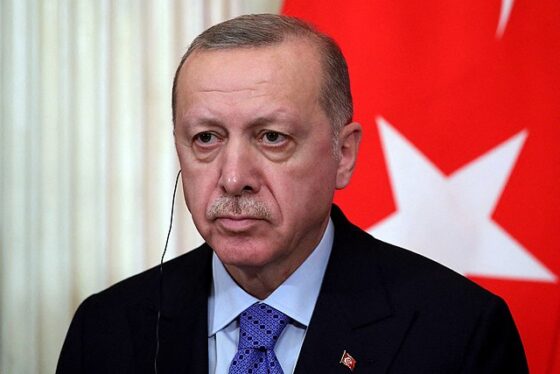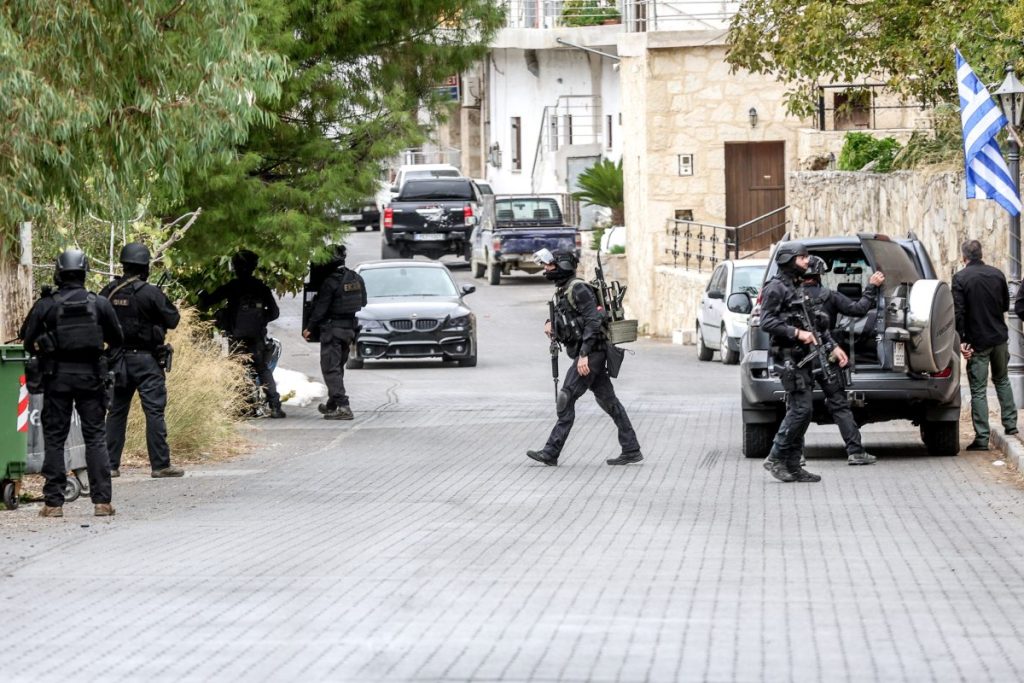By Dimitris Sevastakis
As well-structured as Turkey’s foreign and military policy may be, its approach to certain issues is naïve.
For example, allies view Turkish President Recep Tayyip Erdogan negatively (with the false premise that this will decide their stance toward Greece).
Naturally, beyond viewing inter-state relations as emotional, Erdogan has an innate political ability to create crises and then to participate in resolving them and be rewarded.
A flexible virtuoso, he hastens to throw a punch when he knows the opponent will be unable to react.
Erdogan’s relations with Moscow and his purchase of the Russian S-400 missile system (a sort of rebellion in the context of NATO) has become his ticket to re-establishing Turkey’s relations with the Alliance.
Arms procurement infidelity is being used as a tool to ensure leniency in the West. His voters are repaid with nationalistic claptrap, with the aim of healing in this manner some of the economic wounds in the everyday life of Turkey’s citizens.
Erdogan has not at all curbed his steadfast nationalist rhetoric, as the problem for the West is for Turkey not to break away, and not Turkey threatening those within the Western camp.
His relations with French President Emmanuel Macron are improving as regards Libya.
Hence, Greece is being deprived of a perimeter of allied or other factors that offer a sense of comfort and security.
We are returning to the actual nature and core of our relationship which is power.
Aside from expansive business penetration, Erdogan unveiled an electric car (Turkey has long had an automobile industry) and he presented a missile system that concerns naval forces in particular.
Turkey’s drones are well-known as is the rest of its arms production. Turkey is winning with the threat of war in terms of know-how, in terms of industrial production, in terms of commerce, and in terms of political added value.
It is “bound” in multiple ways with the threat of war and that cannot be lifted through Greek politeness or yielding.
The time when arms procurement was viewed as an insufferable burden for both peoples that could make peace alluring has passed.
Today, that insufferable burden applies mainly to the Greek side, which is completely de-industrialised (the Hellenic Aerospace Industry is finding it difficult to meet intense production demand), and is exhausting its productive inventiveness and investment inspiration at cafes, betting parlours, and parties on famed Greek islands.
It is as if one has turned back time to the heady days of the 1990s that were disastrous for the country.
That was when having savings was forgotten, shipbuilding died out, agricultural production was bureaucratised, and the country shifted from manufacturing products to subsidies.
Neighbouring Turkey will soon enough vote Erdogan out of office. A hope-bearing, Western-friendly politician will be elected and peddle the same political wares but will also invest in contemporary works of art.
Some will chuckle that just now the Turks “discovered Damien Hirst”, until a pro-government Turkish artist wins the first prize at the Vienna Biennale with a work “dedicated” to the fate of humanity, “as set by the migration crisis”.
This is proper, comme il faut imperialism. Mark my words.




